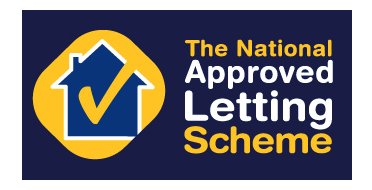There are still some fees landlords can charge but some of the ones that remain will have limits placed on them, so it is essential to know what you can and cannot charge from June.
Initially, the ban doesn’t apply to older and existing tenancies; it applies to renewed tenancies and tenancies that come into effect from the 1st of June 2019. After one year, the ban applies to all pre-existing leases and any clauses that refer to fees become ineffective.
If a landlord charges a fee they weren’t allowed to, they have 28 days to return the payment to the tenant or be deemed to be in breach of the new legislation.
Landlords need to know what they can charge for
When the new legislation is in place, landlords will only be able to charge for rent, holding deposits, security deposits, fees for tenancy changes and when the tenant wishes to terminate the agreement before the end date, applicable utilities and where the tenant has defaulted on the contract.
Landlords should be aware that they are no longer allowed to charge a fee for credit checks, guarantor forms, inventory checks, cleaning work, referencing work, gardening or administrative fees. Landlords are not allowed to charge for payments to third parties.
Many landlords feel the new regulations are unfair, and there have been calls from various letting bodies to review the Ban shortly after it comes into effect. While tenant groups support the changes, there are concerns landlords will suffer, and that tenants will be forced to pay higher rental fees in the long-term.
Landlords will have to absorb some costs
Just because landlords are no longer able to charge for reference checks and inventory checks doesn’t mean landlords will stop carrying out this work. This work is vital information which plays a crucial role in the letting process. With landlords no longer able to split the cost with tenants, they will have to absorb the cost themselves. The fact that many landlords are currently struggling raises concerns that some landlords will find other ways to pass costs onto the tenant, perhaps through more substantial rental fees, and tenants will not benefit.
If you are a landlord in Slough, you need to review your working practices and your finances. It is essential to know if you can afford to absorb costs, and if you cannot, you need to act soon. Also, be aware that there are changes to refundable deposits and security deposits. There are time constraints in place, with landlords required to respond to tenants and accept their application or return the deposit within 15 days.
Trading Standards can issue a fine of up to £5,000 for the first offence a landlord commits with this Act. If the landlord incurs an additional charge within five years of their initial punishment, the second fine can rise to £30,000. The landlord can also face prosecution and be subject to a banning under, which falls under Section 14 of the Housing Act 2016.
If you are a landlord in Slough looking for guidance on the Tenant Fees Ban, come and speak with Addison Giles. We have helped many local landlords, and we are keen to ensure you are confident about any changes to the industry.











